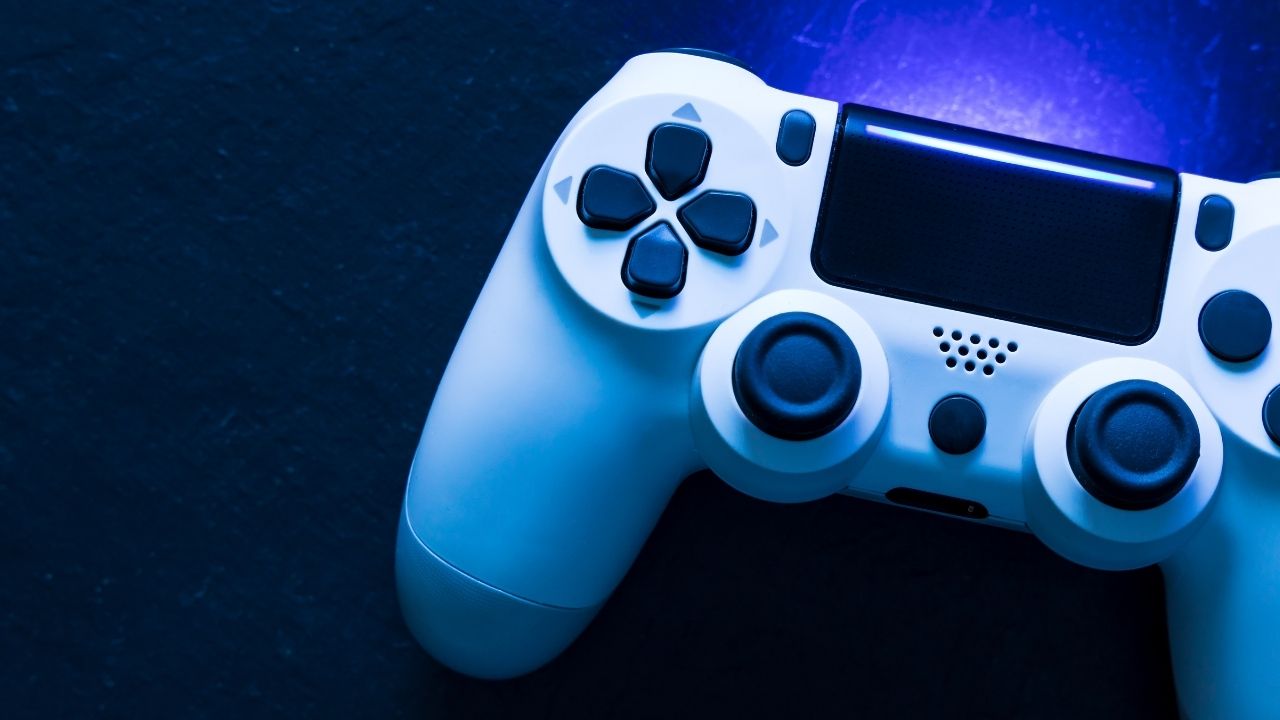Table of Contents
As video game addiction gains recognition as a serious issue, legal actions against video game companies are becoming more prevalent. But determining who’s at fault in these cases is a complex matter.
Who is at fault in a video game addiction lawsuit depends on several considerations, each unique to each case. This article explores the potential defendants in video game addiction lawsuits and the arguments for and against their liability.
Getting Help is Easy
Call Us Anytime. Nights And Weekends, We’re Available.
A Trusted, Experienced Partner
Fill out the form on the top of the page and a case specialist will reach out to you.
No Fees Unless We Win
No Win, No Fee. You Don’t Pay A Penny Unless We Win Your Case.
The Primary Video Game Addiction Lawsuit Defendants: Game Developers
At the forefront of video game addiction lawsuits are typically the game developers. These are the companies responsible for creating, marketing, and distributing the games in question. The arguments for their liability often include the following:
- Design of addictive features: Plaintiffs may argue that these companies deliberately implement features known to encourage compulsive play, such as variable reward schedules or social pressure mechanics.
- Failure to warn about addiction risks: Game companies may be accused of not adequately informing users about the potential for addiction or excessive gaming.
- Negligence in protecting vulnerable users: Claims may argue that companies failed to implement sufficient safeguards to protect children and other vulnerable individuals from developing unhealthy gaming habits.
- False or misleading advertising: Suits might contend that games were marketed in a way that downplayed risks, leading to uninformed decisions by consumers.
However, game companies often counter these arguments by pointing to personal responsibility and the artistic and expressive nature of video games protected under free speech laws. They may argue that their games are designed primarily for entertainment and that any addictive qualities are unintentional side effects of creating engaging content. Speak with a video game addiction lawsuit lawyer about your case and how you might counter such arguments to hold gaming companies accountable.
Suffered Video Game Addiction?
Loot Boxes and Liability in Video Game Addiction Lawsuits
Loot box systems within games are increasingly coming under scrutiny. Arguments for liability based on loot boxes might include:
- Creating systems that encourage compulsive spending: These mechanisms might be seen as exploitative, particularly when targeting vulnerable individuals or minors.
- Lack of transparency: There might be claims that these systems are not sufficiently clear about the odds of winning valuable items, leading to excessive spending.
- Similarities to gambling: In some jurisdictions, loot boxes and similar systems have been compared to gambling, which could lead to additional scrutiny and potential liability.
Video game developers, however, often argue that their systems are optional features that enhance the gaming experience and that users have the choice of whether to engage with them or not.
Challenges in Establishing Fault in a Video Game Addiction Claim
Determining fault in video game addiction lawsuits presents significant legal and ethical challenges. The primary hurdle lies in establishing causation, as it is often difficult to prove that a specific game directly causes addiction.
Addictive behavior typically results from a complex interplay of factors, including environmental influences and game design elements. This complexity can make it challenging to isolate a single game as the sole or primary cause of addiction.
Individual differences in how people respond to video games complicate the issue. What may be addictive for one person might not affect another similarly, making it difficult to argue that a game is inherently addictive for all players. This variability in user experiences poses an obstacle in establishing game addiction liability.
Your lawyer can address these challenges in holding game developers liable for video game addiction. Speak with an attorney at one of our partner law firms to review your case and discuss holding gaming companies accountable.
Schedule a Free Case Review
Steps to Take to Preserve Your Legal Rights When Proving Fault in a Gaming Addiction Claim
If you believe you have a potential video game addiction claim, consider taking these steps to protect your legal rights:
- Document your gaming history: Keep records of when you started playing, how much time you spent gaming and any in-game purchases.
- Seek medical evaluation: A medical professional may diagnose you with a gaming disorder, if applicable.
- Keep records of harm: Document any negative impacts on your life, such as job loss, relationship problems, or injuries and health issues.
- Stay informed: Keep up with developments in video game addiction law, as this evolving field may see changes in how statutes of limitations are applied.
Even if you’re unsure about filing a lawsuit, talking to a lawyer from our partner law firms can help you understand your options and ensure you don’t miss important deadlines.
Who’s at Fault for Video Game Addiction?
The Future of Fault in Video Game Addiction Lawsuits
The question of who’s at fault in a video game addiction lawsuit is multifaceted and evolving. While game developers and related companies are the primary targets of these lawsuits, the issue involves a complex interplay of various stakeholders, including platform providers.
As the legal landscape surrounding video game addiction continues to develop, courts will need to grapple with challenging questions about responsibility, consumer protection, and the nature of addiction itself. The outcomes of these cases could significantly affect the gaming industry.
For individuals considering legal action related to video game addiction, consult with an attorney who can navigate these complex issues. As this area of law evolves, staying informed about the latest developments and understanding the multifaceted nature of fault in these cases will be key to pursuing legal action and promoting safer gaming practices. Call The Goldwater Law Firm today to get connected to a law firm in your area.





